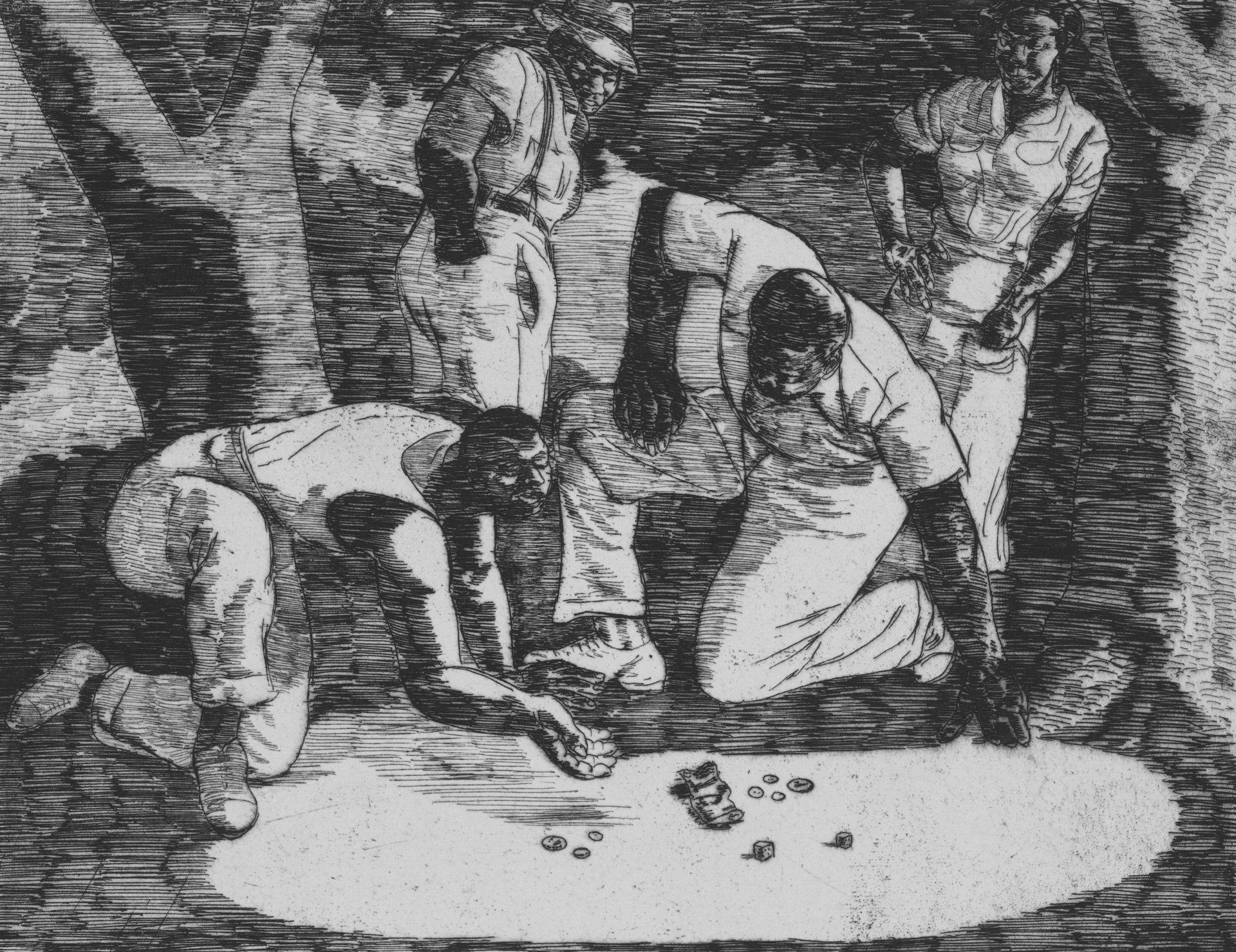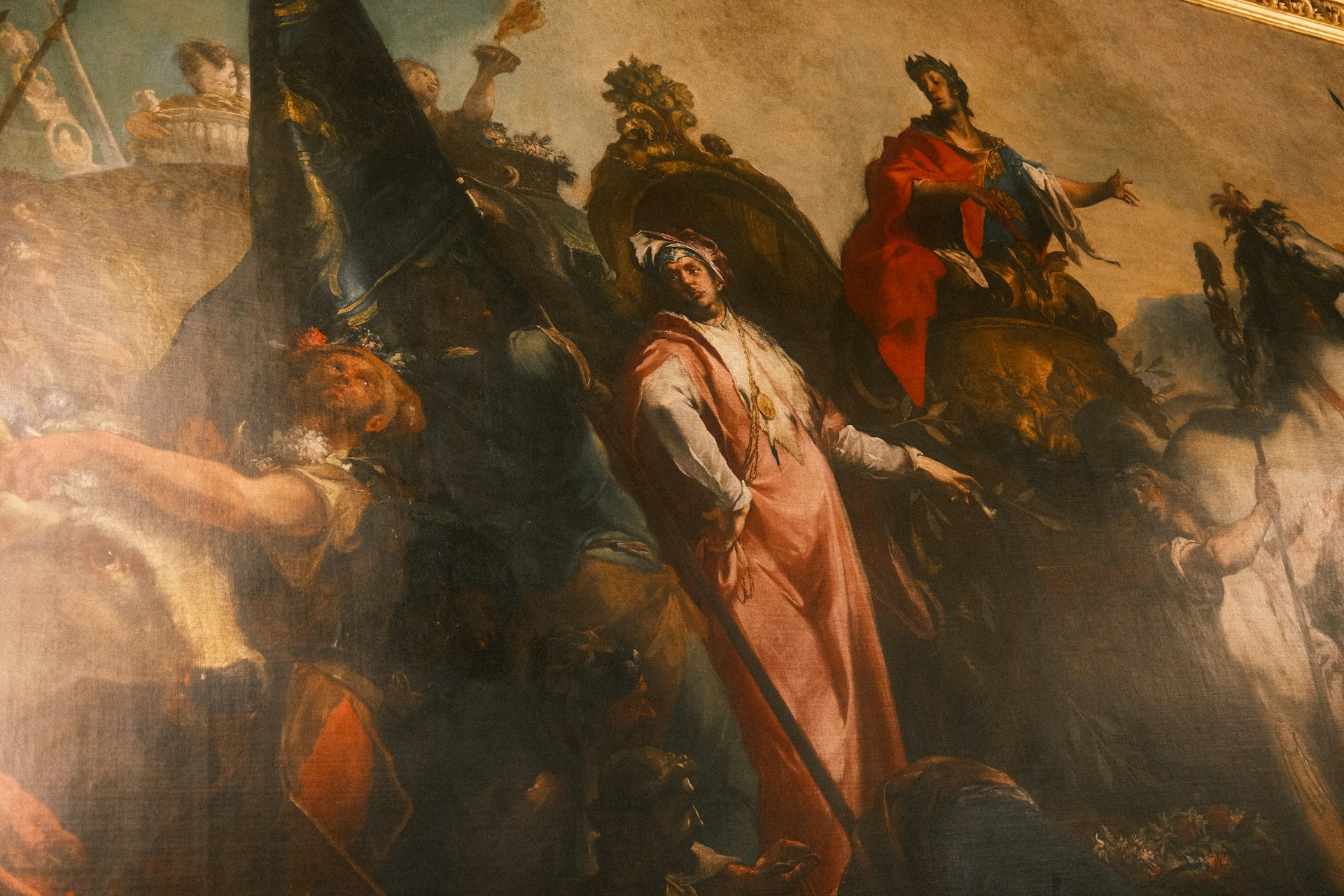A Deep Dive into the History of Democracy and Governance: Evolution, Influence, and Access

Photo by Eren Namlı on Unsplash
Introduction: The Roots and Impact of Democracy
Democracy-widely regarded as both a political system and a set of principles-has profoundly shaped human societies, influencing governance structures, individual rights, and collective decision-making. Its history is complex and marks a journey from ancient experimentation to modern global adoption. Understanding this evolution provides insight into how current governance systems function and how individuals can engage with or influence them.
Section 1: The Origins of Democracy
The foundations of democracy can be traced to ancient Greece , where the city-state of Athens developed one of the earliest forms of direct participation in government. Citizens (though only free adult males) could vote on laws and policies, making decisions in public assemblies. This model, while limited in inclusivity, set precedents for later systems by emphasizing popular sovereignty and debate [1] .
Parallel developments also occurred in ancient Rome, where republican institutions such as the Senate and popular assemblies allowed for a degree of citizen involvement. However, both Greek and Roman systems were ultimately constrained by social hierarchies and exclusions, demonstrating early challenges in achieving broad-based governance.
For those interested in exploring these classical systems, you may consider searching for “Athenian democracy” and “Roman Republic governance” through academic portals or major library collections, such as the Library of Congress.
Section 2: Milestones in Democratic Progress
Key milestones in the evolution of democracy and governance include:
- The Magna Carta (1215), which limited the power of the English monarchy and laid the groundwork for constitutional governance.
- The English Bill of Rights (1689), which further established parliamentary supremacy and individual rights.
- The American Declaration of Independence (1776) and subsequent U.S. Constitution, which created a new form of representative democracy with checks and balances [3] .
- The French Revolution (1789-1799), which promoted concepts of liberty, equality, and fraternity, inspiring democratic ideals across Europe and beyond [4] .
- The Universal Declaration of Human Rights (1948), adopted by the United Nations, which set a global standard for rights, including participation in government [4] .
Each step brought forward new practices and challenges, from expanding suffrage to establishing the rule of law. Today, democracy is recognized not just as a form of government but as an aspiration for inclusive, accountable, and rights-based governance across varying contexts.
Section 3: Global Expansion and Waves of Democratization
The expansion of democracy accelerated during the 19th and 20th centuries. After the French and American revolutions, democratic principles began to influence governance worldwide. The 19th century saw reforms such as the gradual extension of the vote in the United Kingdom and the abolition of property-based voting restrictions in the United States. Notable milestones include:
- Universal male suffrage in France and Germany in 1848.
- The introduction of the secret ballot in Australia (1850s), which later spread to other democracies.
- New Zealand’s pioneering granting of women’s suffrage in 1893, a first among nations [1] .
- The spread of democratic constitutions in Europe after World War I and a surge in new democracies post-World War II.
However, democratic progress has not been linear. Periods of authoritarianism, conflict, and reversal have interrupted democratization. The 20th century also witnessed decolonization, with many African, Asian, and Latin American countries adopting democratic frameworks, albeit with diverse results [5] .
To learn more about specific countries and their democratic journeys, use search terms such as “democratization timeline [country name]” or access resources from international organizations like the United Nations or the Inter-Parliamentary Union.
Section 4: Core Principles and Institutions of Democratic Governance
Modern democracies are characterized by several core principles:
- Rule of Law : All citizens and leaders are bound by law, which is enforced by independent courts.
- Separation of Powers : Distinct branches of government (executive, legislative, judicial) check and balance each other.
- Free and Fair Elections : Regular, competitive elections enable peaceful transitions of power.
- Protection of Rights : Individual rights and freedoms are safeguarded, including speech, assembly, and due process.
- Civic Participation : Citizens have opportunities to influence policy through voting, advocacy, and public debate.
These principles are implemented differently around the world. For instance, parliamentary systems (e.g., United Kingdom) contrast with presidential systems (e.g., United States). Mixed systems and variations exist to accommodate local traditions, legal norms, and social expectations.
For guidance on engaging with your local democracy, consider contacting your city or county election office, seeking information on how to register and vote, or attending public meetings. Many national and regional governments maintain official websites with voter resources and contact information.
Section 5: Accessing and Participating in Democratic Processes
Becoming involved in democratic governance typically follows several actionable steps:

Photo by Joshua Tsu on Unsplash
- Registration : Check eligibility and register to vote through your national or local election authority. In the United States, visit your state’s official election website or consult the U.S. Election Assistance Commission.
- Education : Stay informed on issues, candidates, and upcoming elections. Many nonpartisan organizations offer voter guides and educational resources.
- Participation : Vote in local, regional, and national elections. Volunteering as a poll worker or civic educator can further deepen your impact.
- Advocacy : Join civic organizations, attend public forums, and communicate with elected representatives to influence policy decisions.
If you are uncertain where to begin, search for “how to register to vote” plus your location, or visit the official website of your country’s central election authority. For example, in the United States, the Election Assistance Commission and state boards of elections provide verified, accessible information on voter registration and participation.
Section 6: Challenges and Ongoing Developments
While democracy is widely valued, it faces persistent challenges. These include threats to electoral integrity, political polarization, misinformation, and declining trust in institutions. Some regions have experienced democratic backsliding or confrontation between democratic and authoritarian models. International organizations and civil society groups work to address these issues through monitoring, advocacy, and capacity-building.
Recent trends include a renewed focus on digital transparency, the role of social media in elections, and efforts to broaden participation among historically marginalized groups. Ongoing global events, such as the COVID-19 pandemic, have also tested the resilience of democratic systems, prompting adaptations in voting methods and public engagement.
For up-to-date research and reports, consult reputable think tanks, government agencies, or organizations such as Freedom House or the International IDEA. When searching online, use keywords like “state of democracy report” or “governance trends 2025” for the latest findings.
Conclusion: Key Takeaways and Next Steps
The history of democracy and governance is a story of innovation, struggle, and adaptation. From its earliest forms in ancient societies to its modern expressions across continents, democracy continues to evolve in response to social, economic, and technological change. For those seeking to participate or improve governance in their own communities, practical steps include registration, education, and sustained engagement with public institutions.
If you are interested in learning more or getting involved, consider:
- Contacting your local election board for official voter resources
- Exploring reputable civic education organizations
- Attending public forums or community meetings
- Researching historical and contemporary governance models through academic and official resources
Democracy’s ongoing story is shaped by the choices and actions of individuals worldwide. By understanding its history and principles, you can help ensure its future vitality.
References
- [1] Wikipedia (2024). History of Democracy. Detailed overview with global timeline.
- [3] Library of Congress (2024). Timeline of U.S. Lawmaking. Historical context for American governance.
- [4] Rule of Law Education Centre (2019). Timeline to Democracy. Educational resource on global milestones.
- [5] Global Challenges (2022). Timeline: The Idea of Democracy in History. Interactive timeline and analysis.



